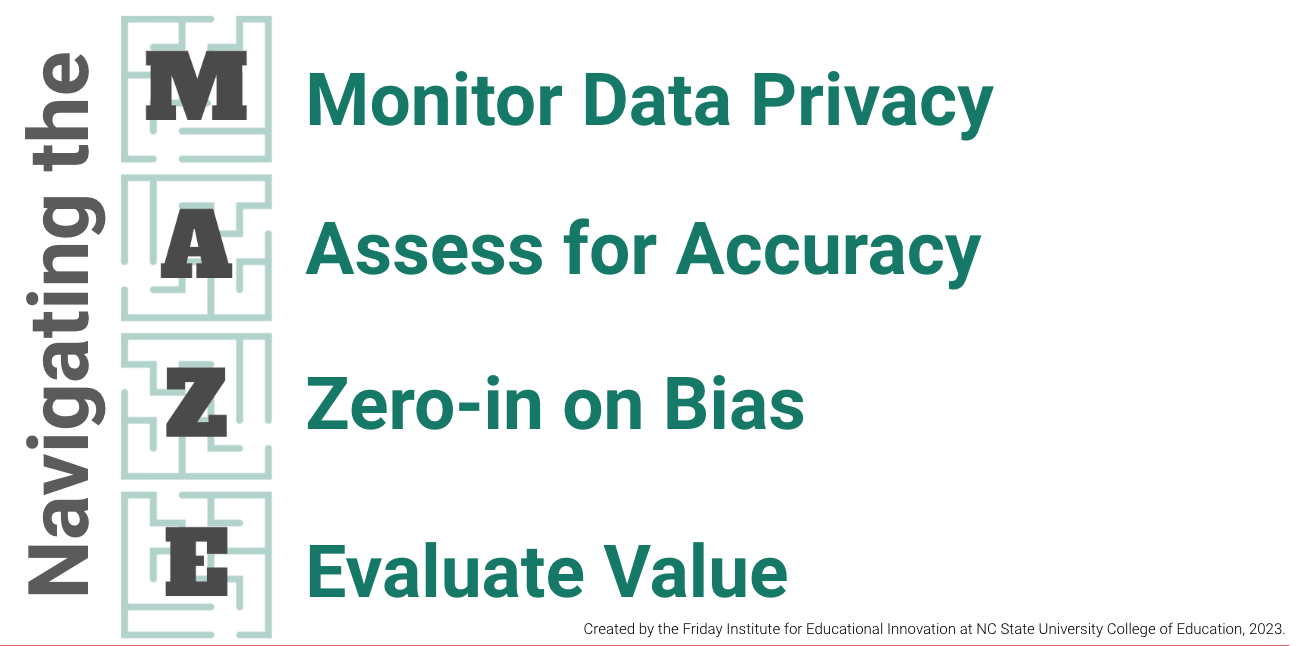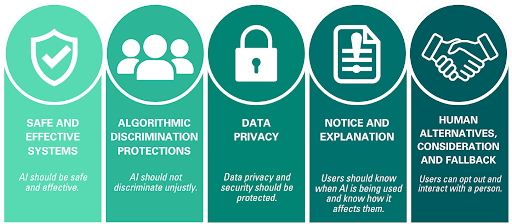Closing the Gap in Computer Science: Effective Strategies to Navigate Preparatory Privilege
In its quest to broaden participation of all students across the state in computer science and prepare them to fill the thousands of computing jobs vacancies in the coming years, North Carolina passed a high school computer science graduation requirement effective for the 2026-2027 school year. Although it is a high school requirement, the responsibility for making this a reality cannot solely rest upon the shoulders of our high school educators. It starts from the beginning in elementary school. By the time students reach the secondary level, often they already have preconceived notions about their ability to excel in certain academic areas, and this can be true of their perceptions of themselves as computer scientists. If students are engaged in real-world problem-solving, and exposed to computing in their early years of schooling, they are more likely to seek opportunities and pursue a path in computer science in middle and high school. Our elementary schools and classrooms have to be mindful and intentional to increase interest, engagement and opportunities so that computer science for all becomes a reality.
To ensure that we broaden the participation of all students in computing by increasing the involvement of our underserved, and to ensure students are progressively prepared and exposed to the various skills, digital tools, strategies and rigorous real-world problem-solving opportunities that transition our students from mere consumers to informed and strategic users of technology, elementary educators must beware of the preparatory privilege trap. What, you may ask, is preparatory privilege?
Preparatory privilege, in the context of computing, is unintentionally predetermining who may be gifted and afforded greater opportunities to engage in computer science in schools. The 2017 book, Stuck in the Shallow End by Margolas, Estrella, Goode, Holme, & Nao, explores this concept at the high school level, from the perspective of which students enroll in computer science courses. Students on a trajectory of completing computer science courses in high school often come from homes where multiple devices are accessible and/or have caretakers with computing knowledge, which enables them to enter computing environments at schools with a considerable advantage.
Could it be possible that the same phenomenon exists at the elementary school level? I would venture to say yes. As soon as infants’ and toddlers’ hands are strong enough, and the dexterity of their fingers make it possible, they are operating mobile phones and tablets. These younger students enter our classrooms prepared to use the tech tools available to them, and due to their early exposure, they, too, have preparatory privilege. Educators inadvertently neglect to provide the same opportunities for less advantaged students, providing enrichment for early finishers, while other students are not given access because they may need remedial support in another academic area like reading or math. Little consideration is given to utilizing computer science as the intervention for improving reading and math skills.
Schools and classroom teachers play a pivotal role in influencing students’ interest, or lack thereof, in computing and computer science. In addition, at the elementary level, many of our efforts for exposure, again well-intentioned, may create preparatory privilege, enhancing opportunities for some students while creating gaps for others. There are many small, but significant shifts we can make to begin to address this gap. Let’s look at the wonderful opportunities to get all families involved in computing at after hours events that may focus on coding, computing, robotics and hands-on science. These events are exciting, engaging, usually well attended, and, as a former elementary principal, I always felt a sense of accomplishment at the end of those nights. What we did not consider was which of our students and their families were not in attendance—we must be intentional about inviting them in. Think about our extracurricular opportunities, robotics, math and science competition clubs that often meet after school. Who can participate? Likely, it’s the students who have the benefit of parents who can provide transportation. Are there opportunities that can be provided within school hours instead?
Here is the thing about preparatory privilege; it’s a trap that we’re likely setting, and we don’t realize it. Now that we’re aware of the potential to do so, what can be done to dissuade preparatory privilege?
- Provide opportunities for teachers to explore personal attitudes and biases about who among their students are “computer scientists.” Awareness may be what’s needed to encourage teachers to be more inclusive in their approach to broadening participation.
- Explore ways to integrate computer science across the curriculum in real-world problem-solving exercises as a part of core instruction so that all students are exposed.
- Evaluate family engagement opportunities and seek ways to schedule events with an emphasis on ensuring that all students have access to enrichment. For example, turn half-days into school-wide coding, robotics and hands-on science stations, and invite parents to come in and support. Maximize the specials schedule, which touches every student, focusing on media lessons, music, art and PE for integrating computer science.
- Explore ways to make after school clubs a part of the school day with lunch and learns and early morning meetings that begin when the last bus arrives to create opportunities for all students to have access.
- Inform your parents about the future of the workforce and how important computing and computer science will be for their children in the future.
- Seek community partners who can support your school by volunteering and serving as guest speakers—a critical factor for students of color who benefit from seeing professionals who look like them.
The responsibility for broadening student participation across the state in computer science should encompass the entire education system, starting in elementary school and continuing through high school. Avoiding or at a minimum, making efforts to navigate preparatory privilege, we can provide access to computer science to all our students, creating equitable learning opportunities and environments.
For more information on K-5 Computer Science integration professional development, visit Making CS Stick, The Friday Institute for Educational Innovation’s and Wake County Public School System’s Magnet Office’s collaborative project. You can also contact Dr. Krista Holland (khollan@ncsu.edu) and Carrie Robledo (crobled2@ncsu.edu) at the Friday Institute.

- Categories:


